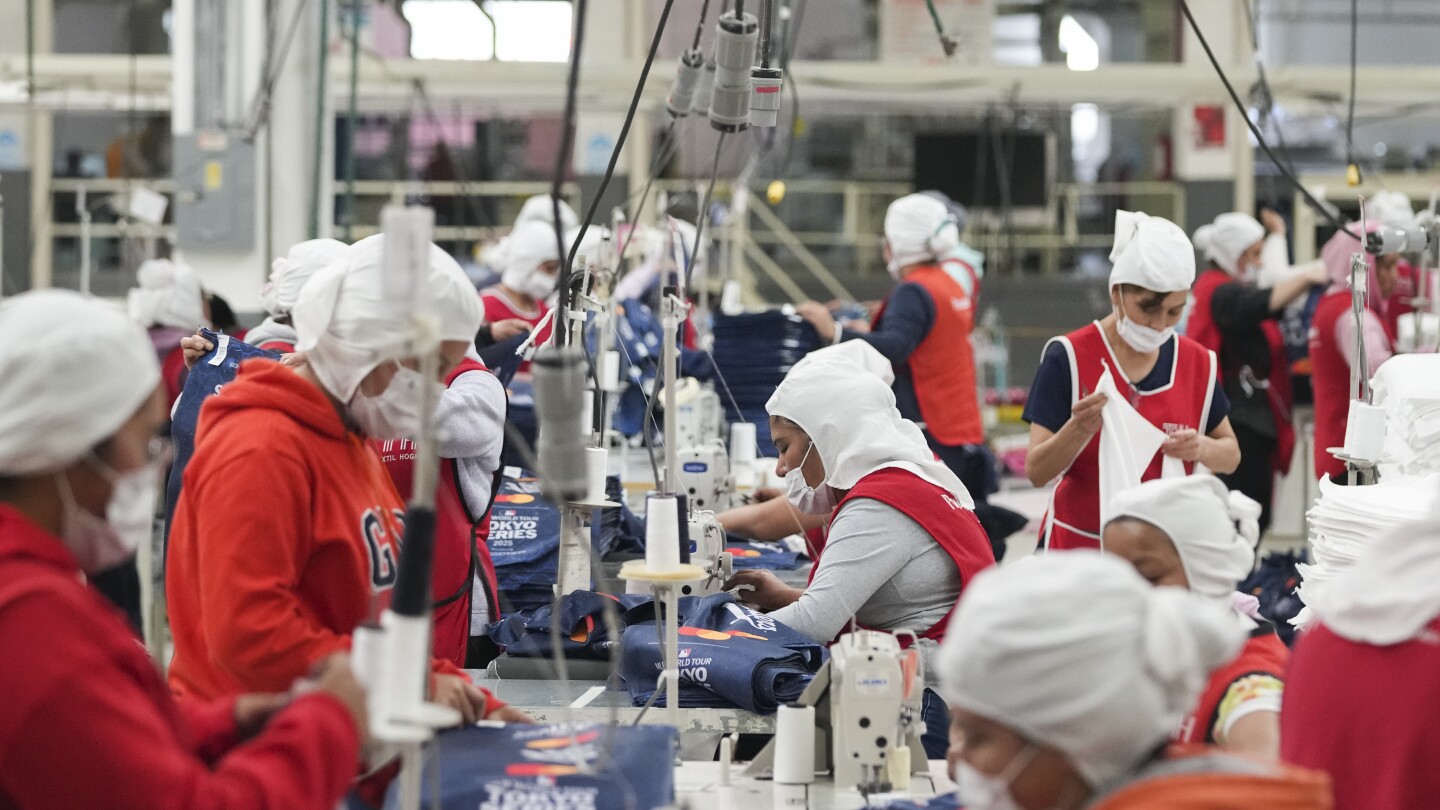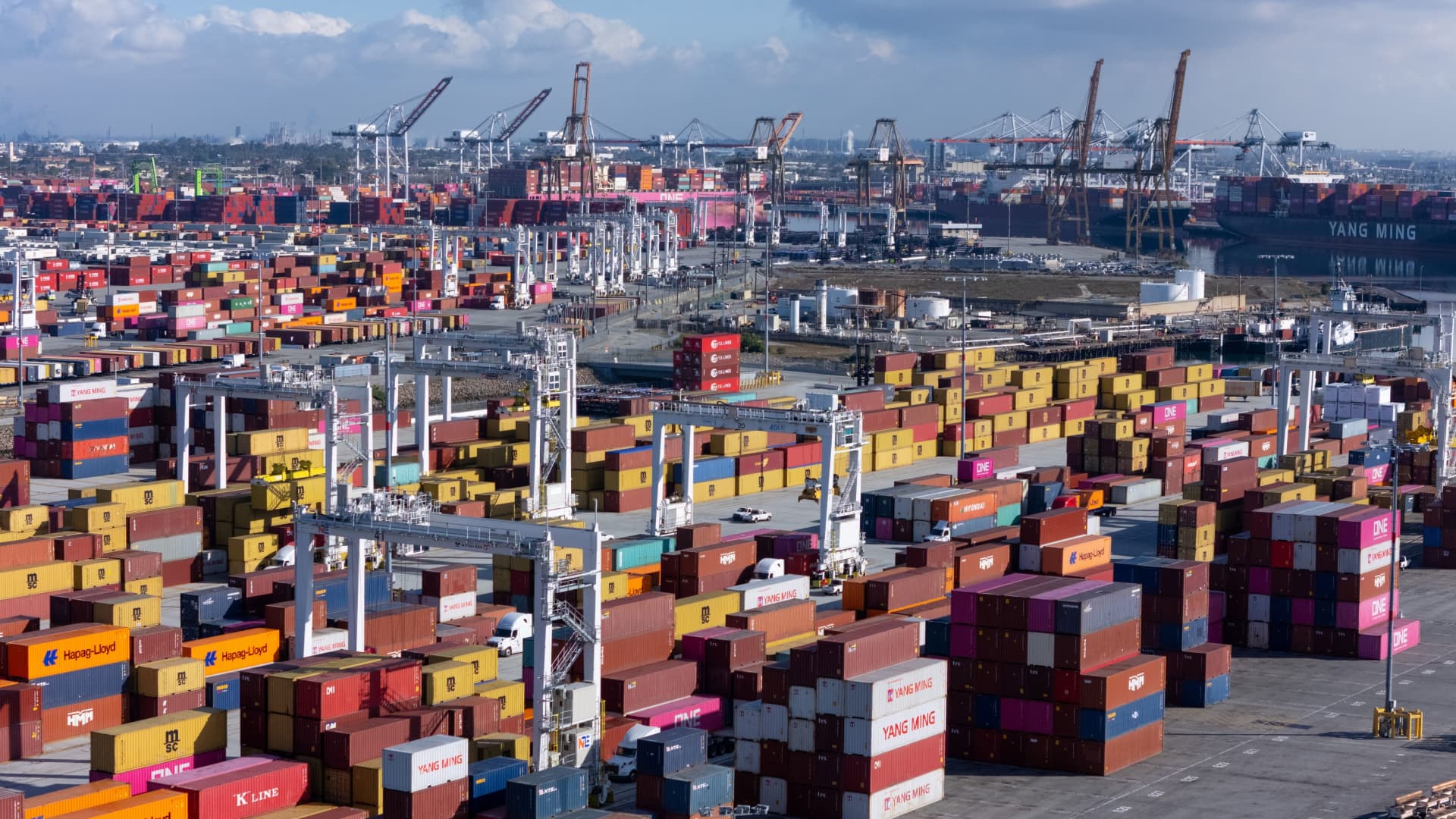Tariff Turmoil: A Threat to Mexican Border Cities’ Economic Future
As tariff threats intensify, Mexican border cities find themselves in a precarious situation, grappling with potential economic downturns and uncertainties. Local businesses brace for impact while residents fear the looming recession. The intricate relationship between the United States and Mexico has always been a double-edged sword, fostering economic growth while simultaneously exposing vulnerabilities. The current climate of tariff threats could spell significant challenges for border cities that rely heavily on cross-border trade and commerce.
The Economic Landscape of Mexican Border Cities
Border cities such as Tijuana, Ciudad Juárez, and Nuevo Laredo have long thrived on their geographical advantages. These cities serve as vital trade conduits, facilitating an exchange of goods, services, and labor across the border. The economic fabric of these cities is woven with threads of manufacturing, retail, and logistics, all of which are intricately linked to U.S.-Mexico trade agreements.
- Manufacturing: Many factories in these cities operate under the maquiladora system, which allows for duty-free importation of materials from the U.S. to be assembled and then exported back.
- Retail: Local shops and markets cater to both Mexican residents and American tourists, creating a bustling economy that thrives on cross-border patronage.
- Logistics: Transportation and logistics companies benefit from the rapid movement of goods between the two nations, enhancing the flow of trade.
However, these businesses are now facing the specter of tariffs, which could drastically alter the economic landscape. The imposition of tariffs could lead to increased costs for manufacturers, diminishing profit margins and potentially pushing some companies to the brink of closure.
The Impact of Tariff Threats on Local Businesses
Local businesses in border cities are inherently vulnerable to tariff threats due to their reliance on cross-border trade. As discussions of tariffs circulate, uncertainty begins to loom over business operations. Many entrepreneurs express concern about the following:
- Increased Costs: Tariffs on goods imported from Mexico could lead to increased production costs for U.S. companies that rely on Mexican goods, forcing them to raise prices or seek alternative suppliers.
- Reduced Demand: If prices rise due to tariffs, consumer demand may drop, adversely affecting sales for businesses that rely on cross-border shoppers.
- Supply Chain Disruptions: Tariff threats could disrupt established supply chains, leading to delays and inefficiencies that may further strain local businesses.
These factors create a perfect storm for economic instability, pushing businesses to reconsider their operations and strategies. Many are contemplating diversifying their supply chains or even relocating to areas with more favorable trade conditions.
Residents’ Fears and Economic Uncertainty
For the residents of these border cities, the economic implications of tariff threats are profound. The fear of recession looms large as uncertainty permeates the job market. Many families rely on jobs created by the manufacturing and retail sectors, both of which may suffer if tariffs are imposed.
Concerns include:
- Job Security: Many workers fear layoffs as companies may cut back on production or move operations to avoid tariffs.
- Cost of Living: Increased prices on goods could make everyday life more expensive, straining household budgets.
- Immigration Concerns: Economic instability may also exacerbate immigration issues, as individuals seek better opportunities elsewhere.
Residents are left feeling trapped, navigating the complexities of an economy that is both fragile and intimately tied to political decisions made far from their homes.
Potential Solutions and Strategies for Resilience
In the face of tariff turmoil, there are several strategies that local businesses and residents can pursue to build resilience against economic uncertainties:
- Diversification: Businesses should consider diversifying their product offerings or exploring new markets to reduce reliance on any single source of income.
- Innovation: Investing in technology and innovative practices can help businesses improve efficiency and reduce costs, making them less vulnerable to tariff impacts.
- Community Support: Local residents can support businesses by shopping locally, fostering a sense of community resilience.
- Advocacy: Engaging in dialogue with local governments and participating in advocacy efforts can help shape policies that protect border economies.
Looking Ahead: A Hopeful Perspective
While the threat of tariffs poses significant challenges to Mexican border cities, it is essential to maintain a hopeful perspective. History has shown that these cities have a remarkable ability to adapt and evolve in the face of adversity. The resilience of local businesses and communities can serve as a powerful force for economic stability.
Moreover, there is a growing recognition of the importance of U.S.-Mexico relations, with leaders on both sides of the border advocating for cooperative trade practices that benefit all parties involved. As negotiations continue, there is hope that solutions will be found that mitigate the impact of tariffs while fostering a robust economic environment for border cities.
Conclusion
In conclusion, the looming threats of tariffs create an uncertain future for Mexican border cities, affecting local businesses and residents alike. However, through innovation, diversification, and community solidarity, there remains a path forward. As both nations navigate these turbulent waters, the resilience of border cities will be tested, but with collective effort and strategic planning, they can emerge stronger and more united than ever.
See more CCTV News Daily


